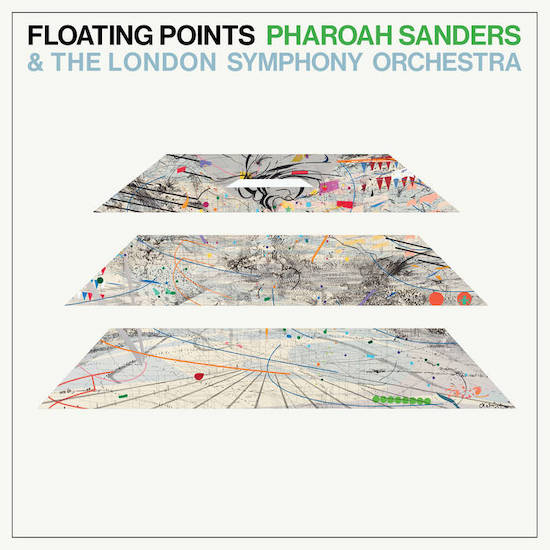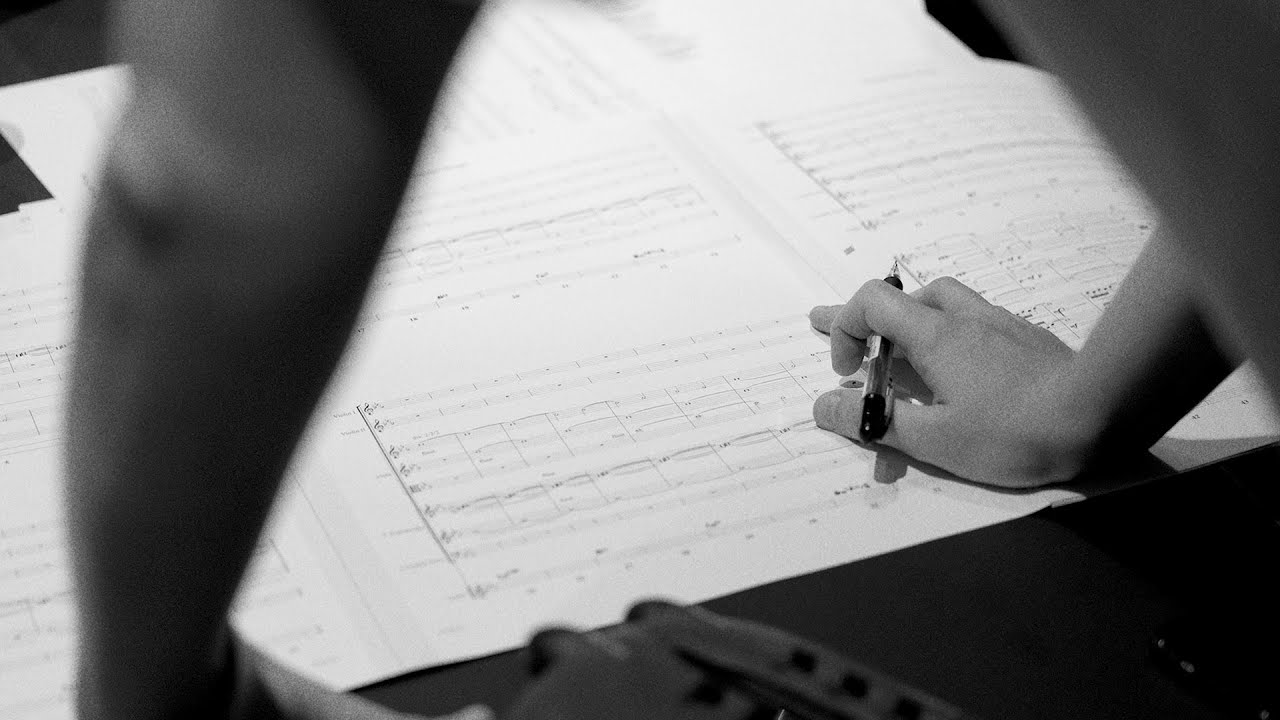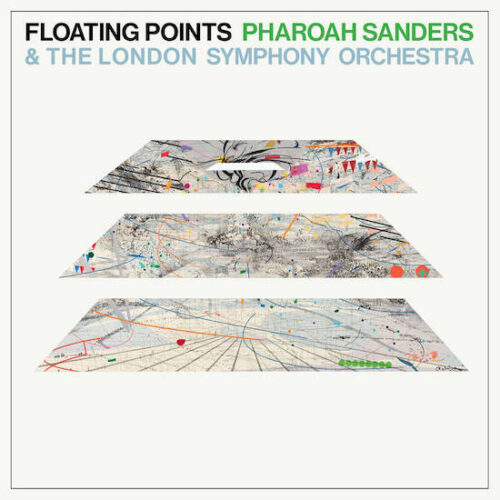It isn’t often that musical collaborations of this magnitude come about, so when they do, the expectation is gruellingly high. After five years in the making, the expectation for Floating Points, Pharoah Sanders, and The London Symphony Orchestra’s Promises LP was exactly that – and I was delighted that the album more than fulfilled; it astonished.
Composed of a single 46-minute track distinguished via nine ‘movements’, Promises is designed to be listened to in a single concentrated session. Seek out the best auditory equipment you can get your hands on, set aside an hour, and if you can, invest in the vinyl. I listened to the digital release, and – although still mesmerising – even the split-second breaks between movements were an unwarranted interruption.
The record opens with a slow, tinkling melody which drives the entire performance: a metronomic grounding for the more feral improv later on. Cue the tenor sax: Sanders’ playing is warm and rich, growing gently from the moment lips touch the reed to a striking prominence which melts your auditory canals and reaches the bottom of your belly. The sound is so distinctly Sanders’: lyrical and mellow, it snakes into intuitive organic structures, balancing with a rising tension from The London Symphony Orchestra’s strings.
The second movement is guided by a chillingly subtle shift in key, the orchestra taking precedence while Floating Points (also known as Sam Shepherd) scales up and down on a quivering harpsichord. Movement four introduces Sanders’ voice via wandering scats and hums, opening the stage for a jazzy sax improv on top of Shepherd sauntering discreetly on piano. This is the sax as an instrument in all of its glory: played with a command and confidence which is both sensual and soothing. Before long, it consumes you, as though it could heal you from the inside out.
As the storyline unfolds, strings rise and fall with a classical sadness, building to a frantic staccato before giving way to more recognisable components of Shepherd’s signature style. Spontaneous warbles via modular and semi-modular synths nod to the darker production of some of his 2019 output, although the overall performance leans much closer to the electronic-jazzy inclinations of 2015 debut album, Elaenia. Dialling bleeps and chimes gradually take over and warp into a seductive distortion, growing to an inexorable frenzy aided by manic sax.
The record ends with a focussed return to the original melody, softened by calls of strings. It resembles a winding path which isn’t afraid to edge towards silence, a masterclass in demonstrating how the most subtle shift in key can bend the entire mood. The orchestra climbs to a reverberating crescendo, before dropping to a watery fall-out with jabs of strings and a textural rumbling. As the final note fades out and the silence is at last definitive, the emergent atmosphere is tense. It is similar to that beautiful, delicate silence anticipating the applause after a live performance, that split second of patience and hesitation before the audience erupts with energy.
Promises is unique, composed of subtle intricacies and cinematic indulgences. Shepherd’s composition is graceful and unassuming, with all the recognisable elements of his electronic production: the dramatic rise and fall, the obscure dialogue of noise, and the commanding layering of textures highlighted by Sanders’ idiosyncratic playing. It is a celebration of sound at its finest and most pure: from the smallest scratch to cathartic crescendos, from spiralling improv to contemplative silences. Every note, whisper, bleep, and shift is significant. It is marvellously multifaceted but never obnoxious: a refreshing, one-of-a-kind conversation between jazz, classical, and electronic.
When speaking to my friends about the release – all fresh Floating Points fans who were sold on his 2019 studio album, Crush, and far less familiar with the 80-year-old jazz saxophonist – their forecast was for another dancefloor oriented, higher-BPM record. Likewise, when speaking to jazz-heads, the emphasis was far more on the legacy of Sanders and their thirst for new material. I think the album will be a surprise for both parties: Promises is unpredictable and reactive, with Shepherd and Sanders bouncing off each other so skilfully it appears effortless. In this respect the album is not only a conversation between genres – pushing the boundaries of composition to the point that ‘genre’ itself becomes redundant – but a conversation between musical generations.




